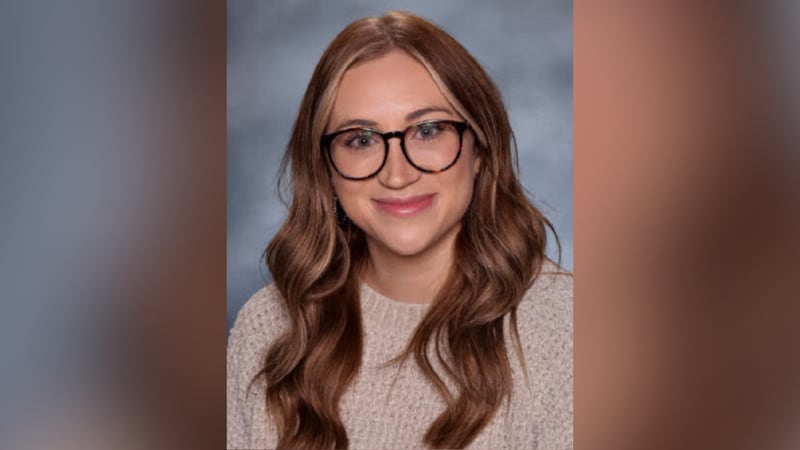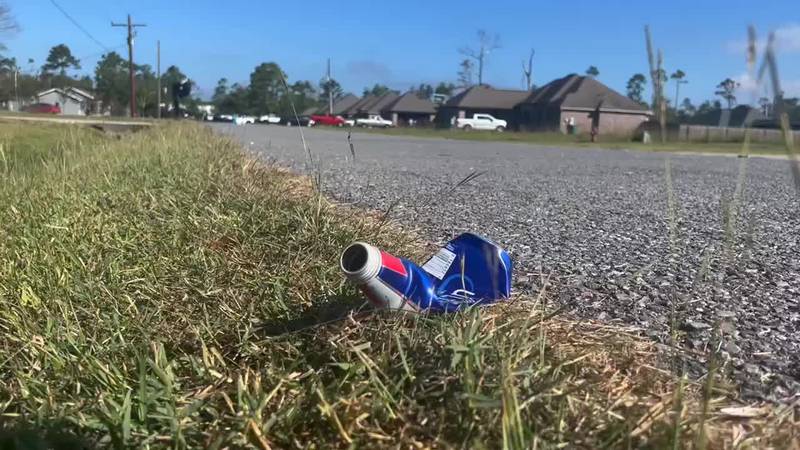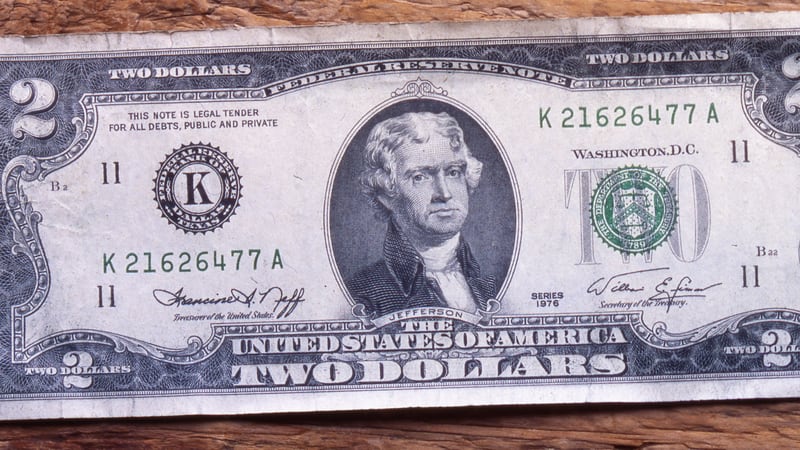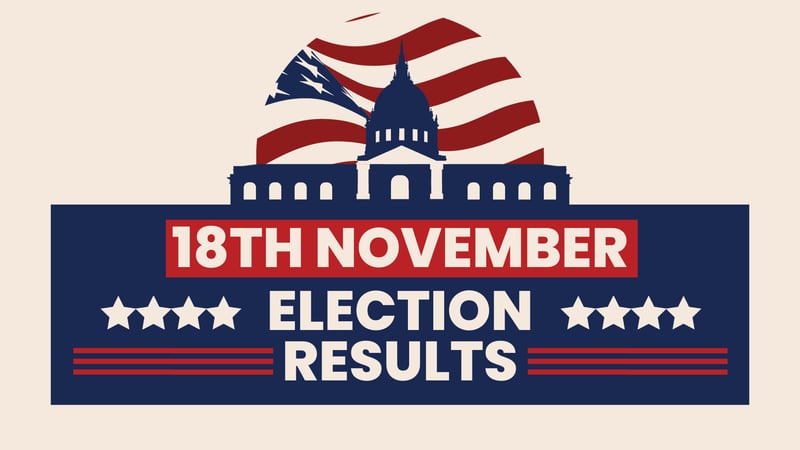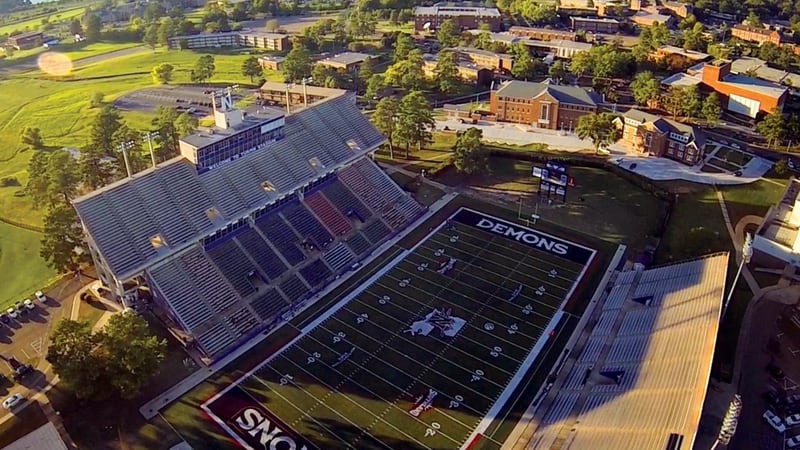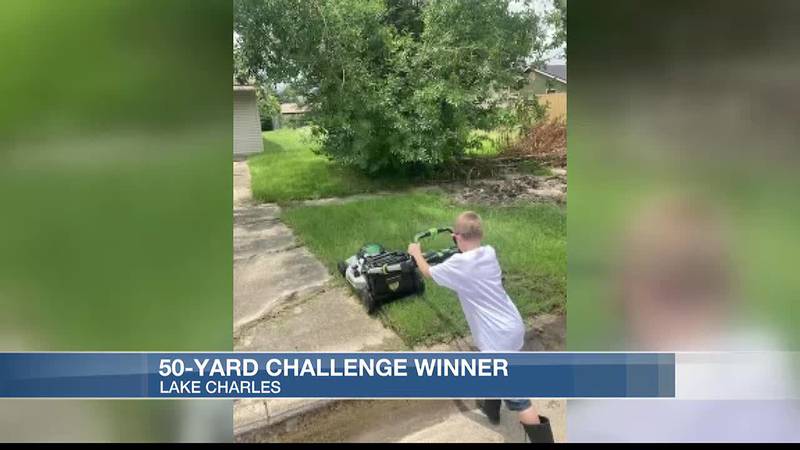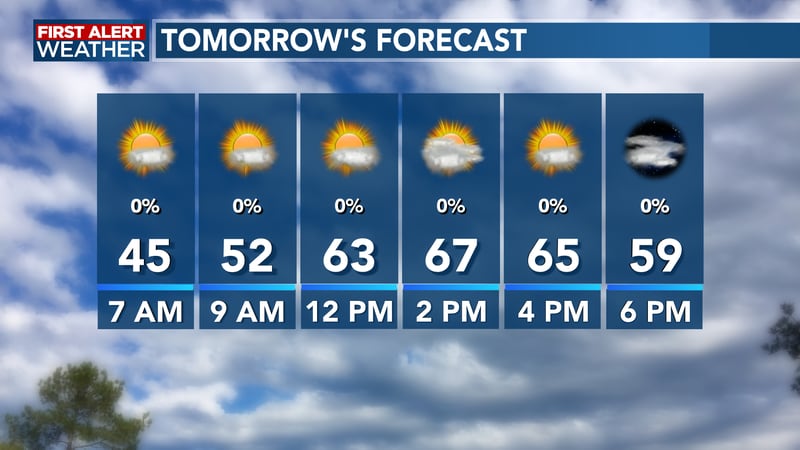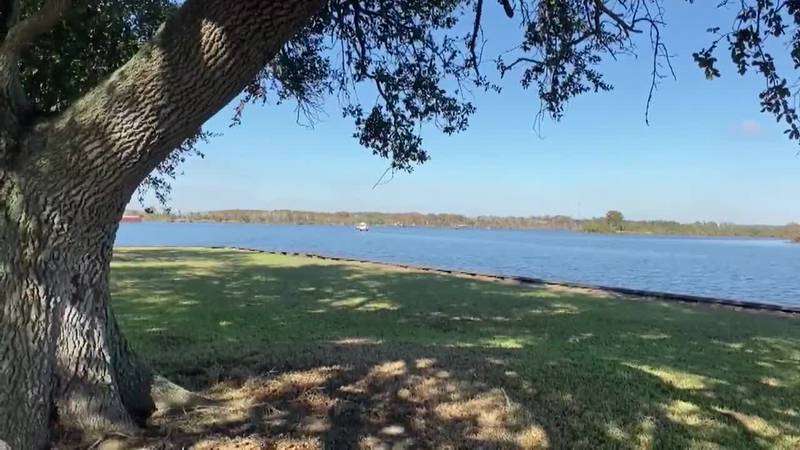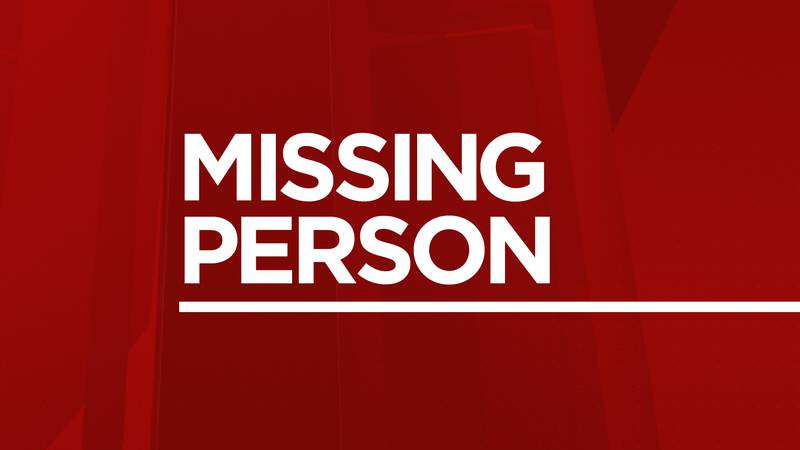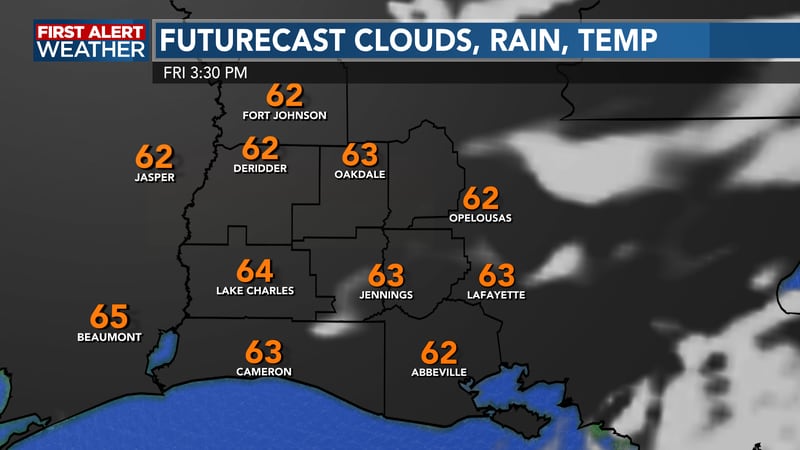SWLA lawmakers seek more federal funding for new I-10 Bridge
LAKE CHARLES, La. (KPLC) - The fight for a new I-10 Calcasieu River Bridge is not over.
Those disheartened by the rejection of the bridge proposal this week by a state committee are being told not to lose hope. State lawmakers say it will happen.
Most Southwest Louisiana legislators signed a letter saying they are committed to getting the bridge local officials have worked on for so many years.
The lawmakers include state senators Mark Abraham, Mike Reese and Jeremy Stine; and state representatives Ryan Bourriaque, Dewith Carrier, Les Farnum, Brett Geymann, Charles Owen, Troy Romero, Rodney Schamerhorn and Phillip Tarver.
They said the DOTD didn’t work hard enough to get adequate federal money.
State Sen. Mark Abraham (R-Lake Charles) disputed the timetable as described by DOTD.
“When DOTD said we will not get a bridge for decades, if this fails, that is a false statement. I’m telling the citizens of our area, ‘We are going to have a bridge.’ We’re not going to delay. It’s not going to be decades and decades before we get a new bridge,” Abraham said.
The letter also complains a bridge in Kentucky recently received $1.6 billion in federal support compared to our I-10 Bridge, which got only $250 million.
“It has more traffic than us, but if you use the same metrics, we should have got $800 or $900 million on that bridge. So, we are going to pursue those options. We feel very confident,” Abraham said.
He also said the House speaker decision puts Louisiana in a great position.
“Congressman Mike Johnson ascending to the speaker of the House and Congressman Steve Scalise being the number two man, our odds of receiving federal help to me have increased. So we have to explore those options before we acquiesce to a toll,” Abraham said.
Abraham said Louisiana’s vital role to the nation as an energy provider should elevate the bridge’s priority.
The one local lawmaker who did not sign the letter was Rep. Wilford Carter (D-Lake Charles), who argued passionately at the hearing that the toll proposal should be approved.
Carter was not available for an interview, nor was DOTD Secretary Eric Kalivoda, but both testified at length during the hearing.
In his presentation, Kalivoda mentioned two options if the P3 option was rejected, which it was.
One is a design-bid-build pay-as-you-go option. The other is a public toll operation. He discusses this around the 33-minute mark of the presentation.
The slide for pay-as-you-go includes starting work on a long-term full rehabilitation of the existing I-10 Calcasieu River Bridge to extend the life for 30-plus years, break the project into components that can be constructed independently, and use design-bid-build to implement components of project and assemble like a puzzle as funding allows. He laid out a timeline for this.
The other would set up a public toll operation through the Louisiana Transportation Authority. This would also include work on a moderate rehab of the existing bridge
to extend its life by 15 to 25 years)
Kalivoda goes into more detail in his presentation during the hearing on Tuesday.
To review the state’s presentation, click here.
You can read the full letter below:
October 27, 2023
Subject: Urgent Need for Adequate Funding for the I-10 Calcasieu River Bridge
Dear Editor,
We, the Southwest Louisiana Delegation, wish to discuss a significant achievement and a critical issue that affects both our community and the nation as a whole.
After much dedication and unrelenting efforts, we are pleased to announce that we have secured $800 million in funding for the I-10 Calcasieu River Bridge replacement project. This remarkable achievement emphasizes our strong commitment to improving the safety and efficiency of our regional transportation network. We extend our heartfelt gratitude to all those who played pivotal roles in making this funding possible, as it will undoubtedly have a long-lasting, positive impact on our community.
However, as we celebrate this success, we must also acknowledge the challenges that remain. While $800 million is substantial, it falls short of the financial requirements needed to complete the bridge project in its current form. The significant increase in the cost of the I-10 Calcasieu River Bridge replacement can be primarily attributed to the Department of Transportation and Development’s (DOTD) expanded scope of this project.
Initially intended as a bridge replacement, it has evolved into a much larger endeavor, not only involving the construction of the bridge itself but also a comprehensive redevelopment of the entire transportation corridor. This ambitious undertaking extends from Ryan Street on the East to I-210 on the West, surpassing the initial project requirements. While the goal of improving regional infrastructure is commendable, this broadened scope has significantly inflated the costs, creating a substantial financial burden that exceeds the original necessity for a bridge.
Furthermore, an alarming concern remains unaddressed in the current project plans. There has been no comprehensive study conducted to assess the toll impact of diverting traffic from I-10 to I-210 and whether I-210 can bear the burden of this redirected flow. Such a diversion could have devastating consequences, not only for North Lake Charles and Downtown Lake Charles but also for the structural integrity of these aging bridges. The I-10 bridge itself is 70 years old, and the I-210 bridge is not much better at 60 years old. The surges of bumper-to-bumper traffic on I-210 not only pose risks to commerce to the North but also threaten the stability of the 60-year-old I-210 bridge to the South. Given the absence of a proper study in this regard, it is uncertain whether the I-210 bridge can handle the increased traffic load that such diversion from a toll would bring, which raises a serious red flag in the current project’s planning and execution.
This bridge project is about more than just construction; it is vital for our community’s well-being and the national economy. We have witnessed recently the federal government dole out hundreds of billions of dollars to Europe in an attempt to stabilize that area of the world. Thus, it’s disheartening that our I-10 Calcasieu River Bridge Project received only a fraction of federal funds, despite our region’s importance as the global leader in LNG exports and as a critical energy corridor.
When we compare our situation to that of the recently funded Brent Spence Bridge of Kentucky, which received $1.6 billion in federal support, a clear disparity in federal funding becomes evident. Our bridge should have received equitable support, but it received only $250 million in federal funds, a mere 10% contribution to our bridge from the federal government compared to a 50% federal contribution to the Brent Spence Bridge which will not have a toll. This disparity highlights the urgency and fairness needed for adequate support.
We also strongly disagree with DOTD Secretary Eric Kalivoda when he claimed that constructing a new bridge will take decades. Our delegation has made it our responsibility to encourage DOTD to apply for a second federal funds grant. Only after our continuous urging did they manage to submit their request at the eleventh hour. We now eagerly anticipate the response from the federal government concerning this particular application for additional federal funding.
The fundamental issue here is that DOTD has a history of struggling with prioritizing projects effectively. It is imperative that we shift our focus to prioritize projects and actively advocate for increased federal funding. This is a task that DOTD has not adequately pursued.
The Southwest Louisiana Delegation firmly opposes the current toll bridge proposal and believes it is crucial to explore alternative funding solutions. Placing the financial burden on the citizens and businesses of Louisiana, especially when federal support falls short of expectations, is not a sustainable approach. We will persist in advocating for additional federal funding to ensure that the bridge remains accessible and beneficial to all.
In the upcoming months, we will continue our unwavering pursuit of funding for the I-10 Calcasieu River Bridge project. We are committed to ensuring the safety, efficiency, and economic prosperity of our region and the entire nation.
We anticipate continued collaboration with the federal government, DOTD and the Joint Transportation Committee, and we appreciate your steadfast support for our endeavors.
Together, we can build a stronger and more prosperous future for all.
Sincerely,
Mark Abraham Mike Reese Jeremy Stine
Ryan Bourriaque Dewith Carrier Les Farnum Brett Geymann
Charles Owen Troy Romero Rodney Schamerhorn Phillip Tarver
Copyright 2023 KPLC. All rights reserved.
